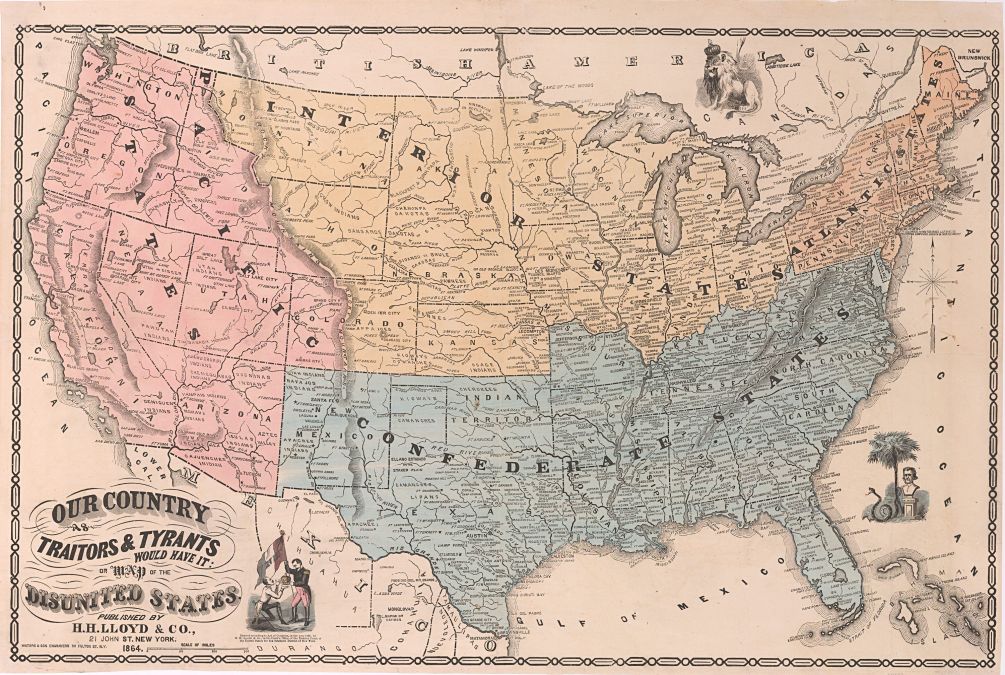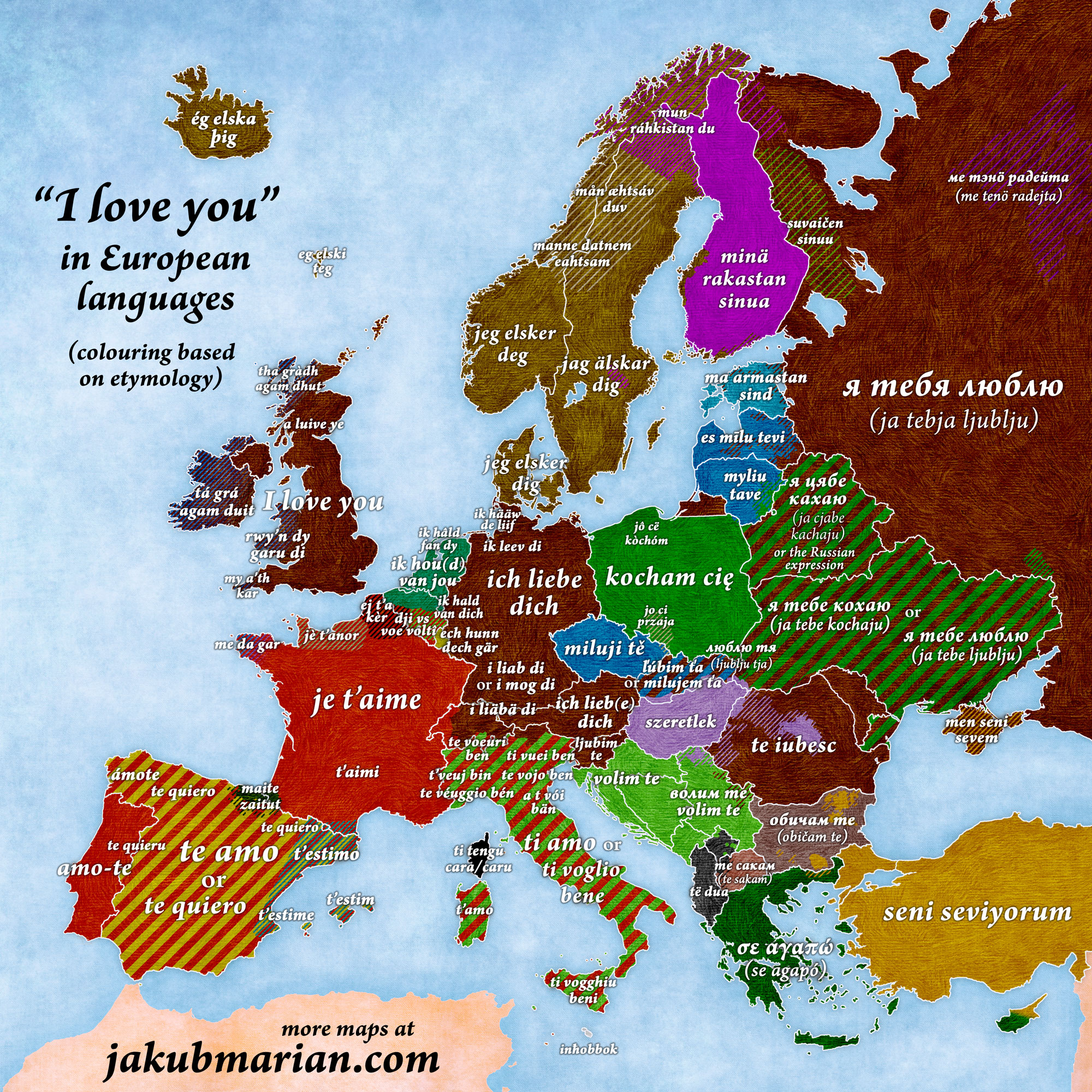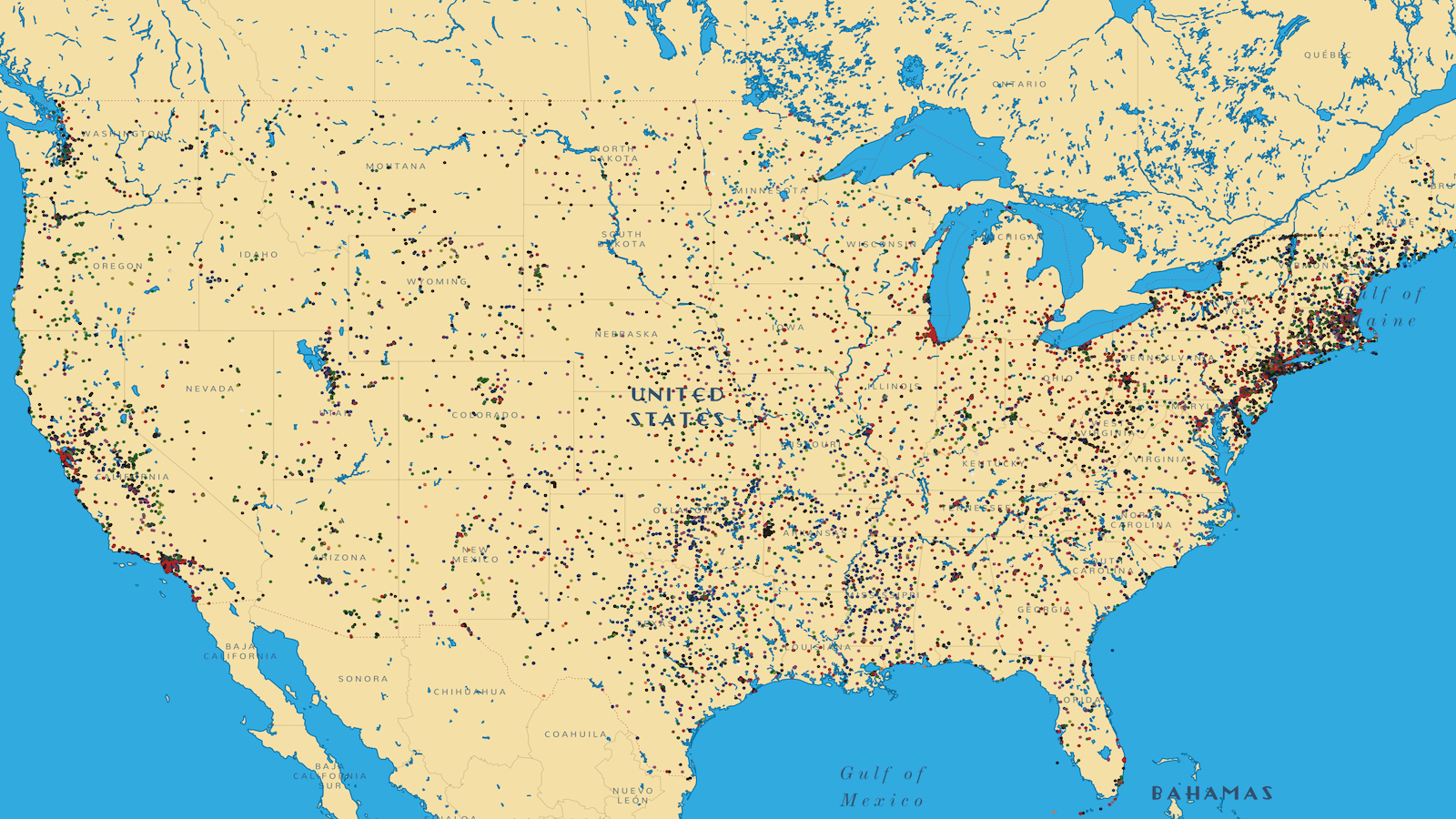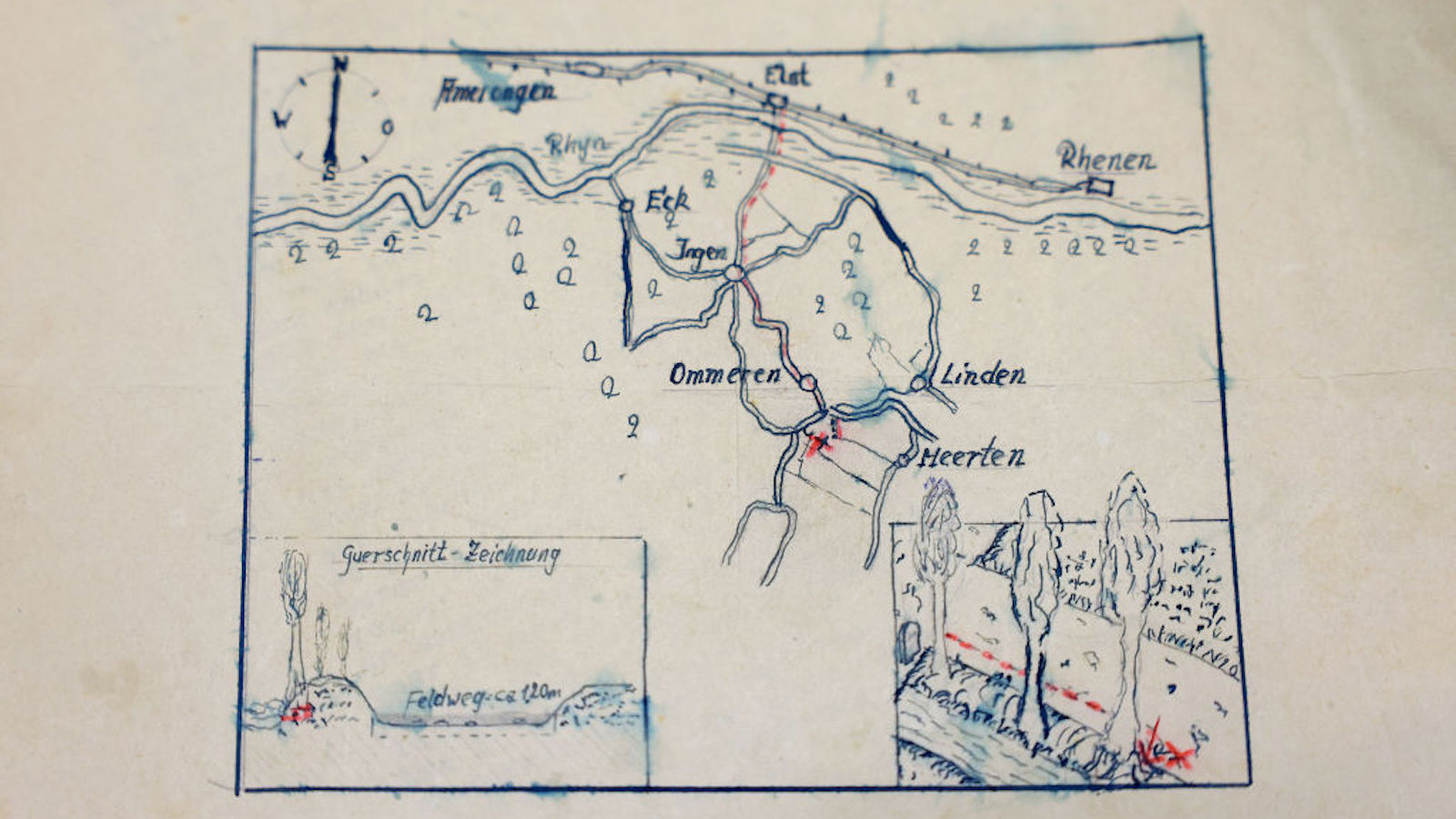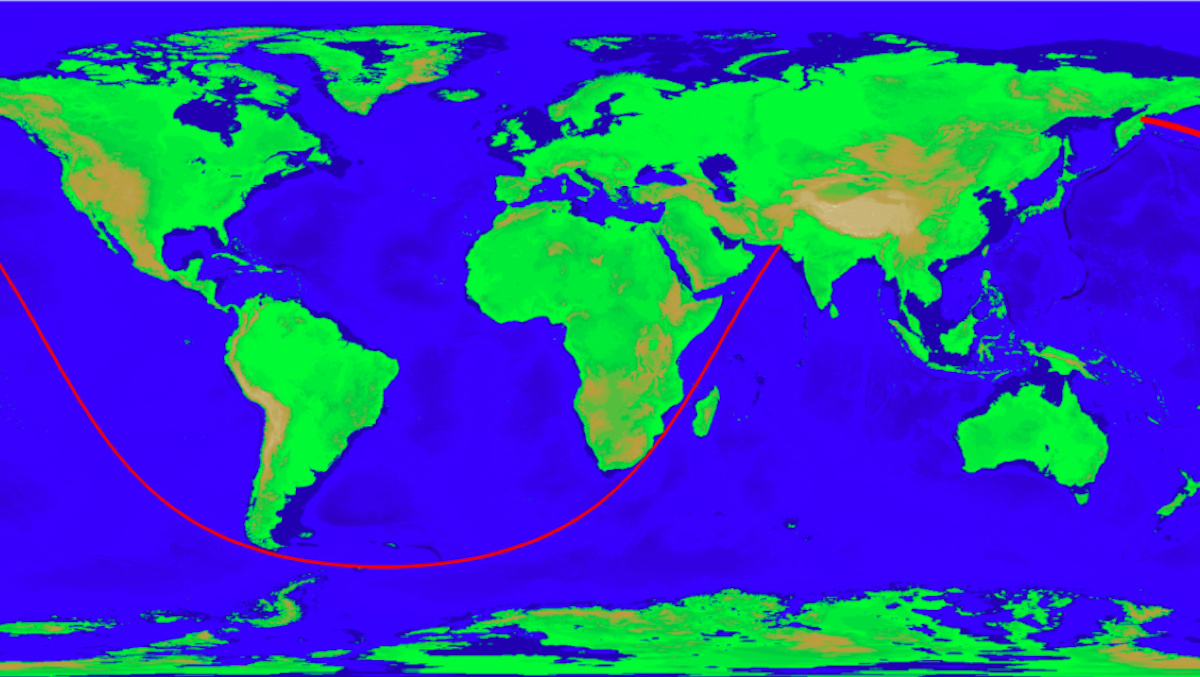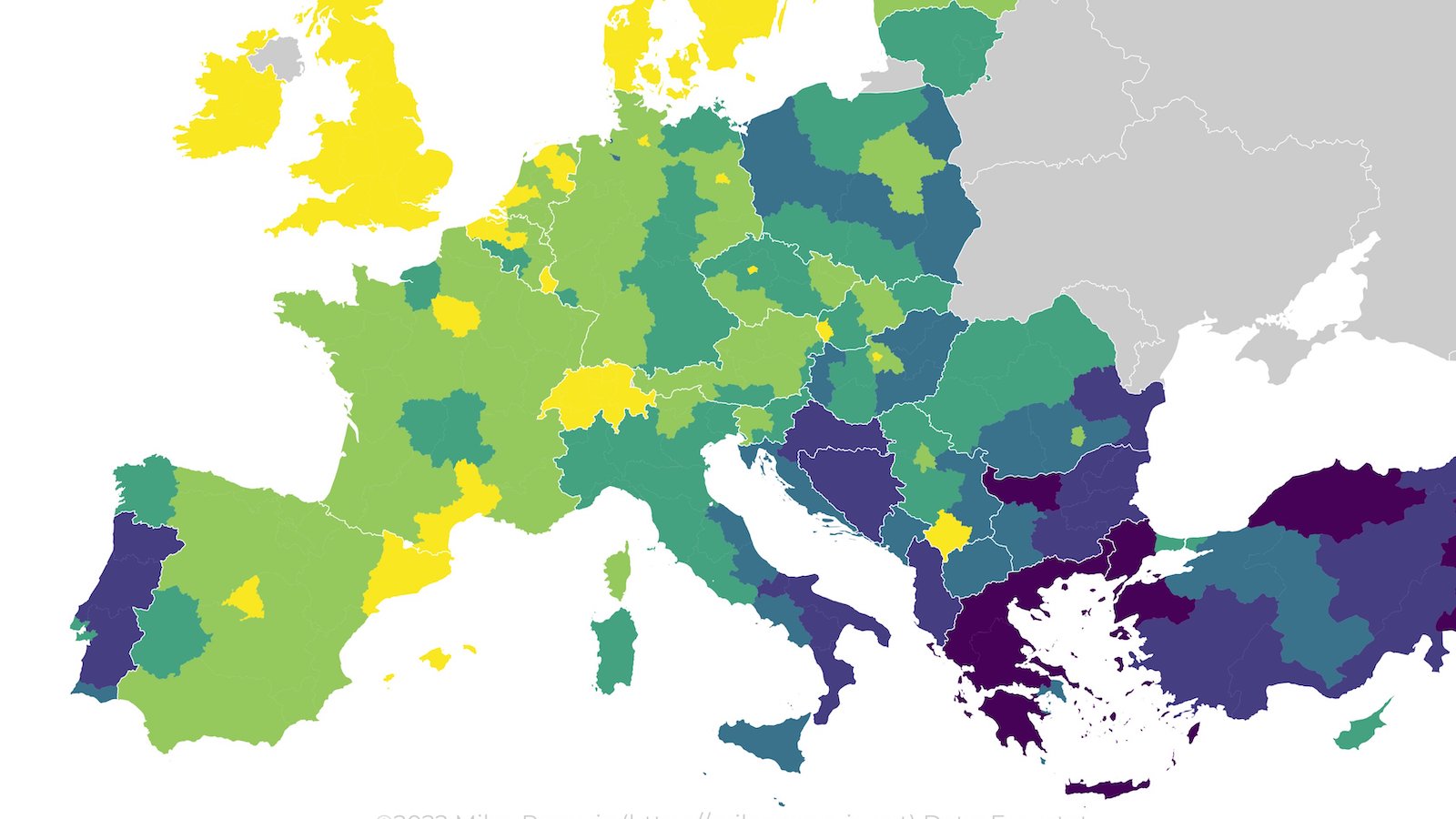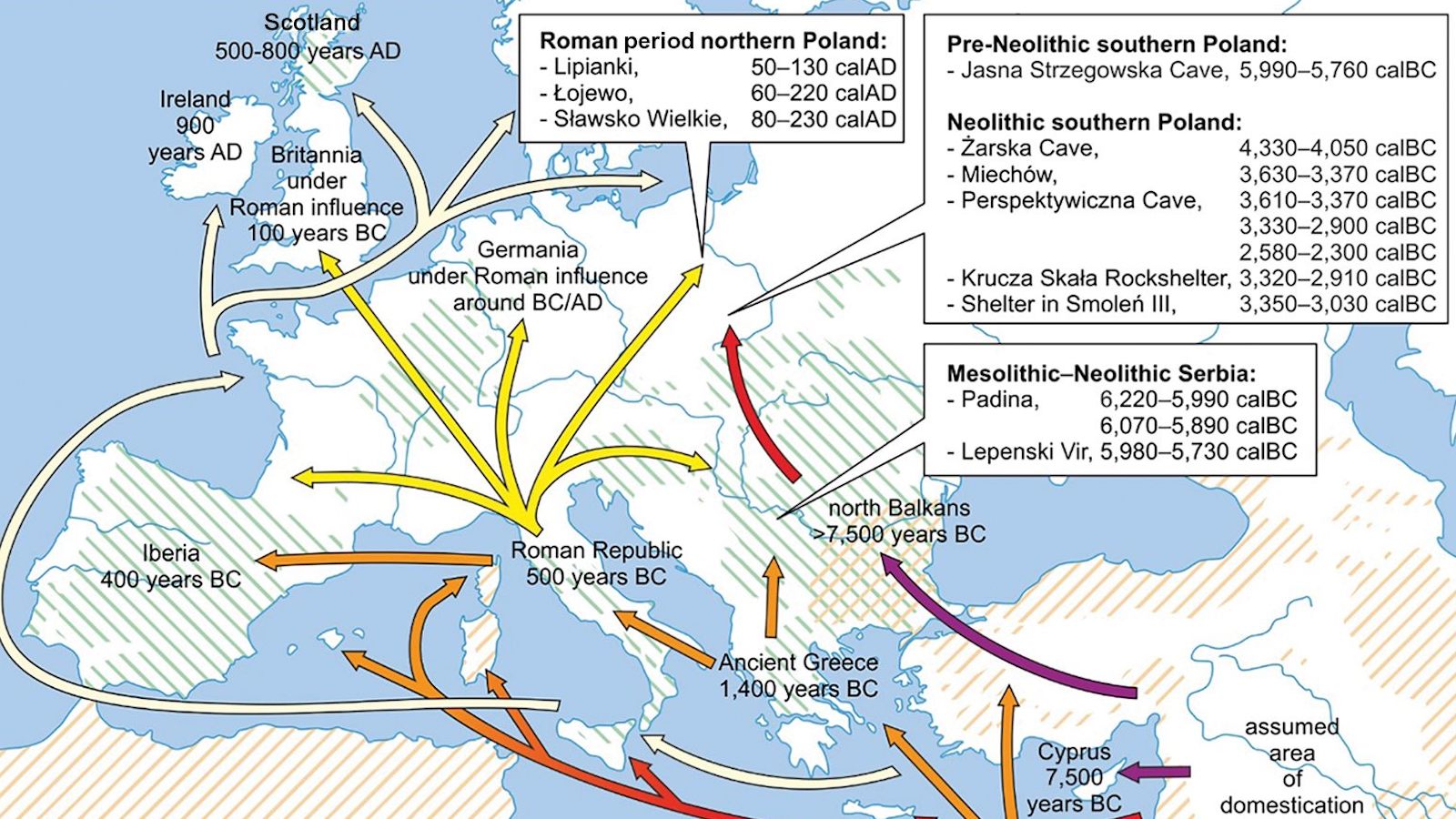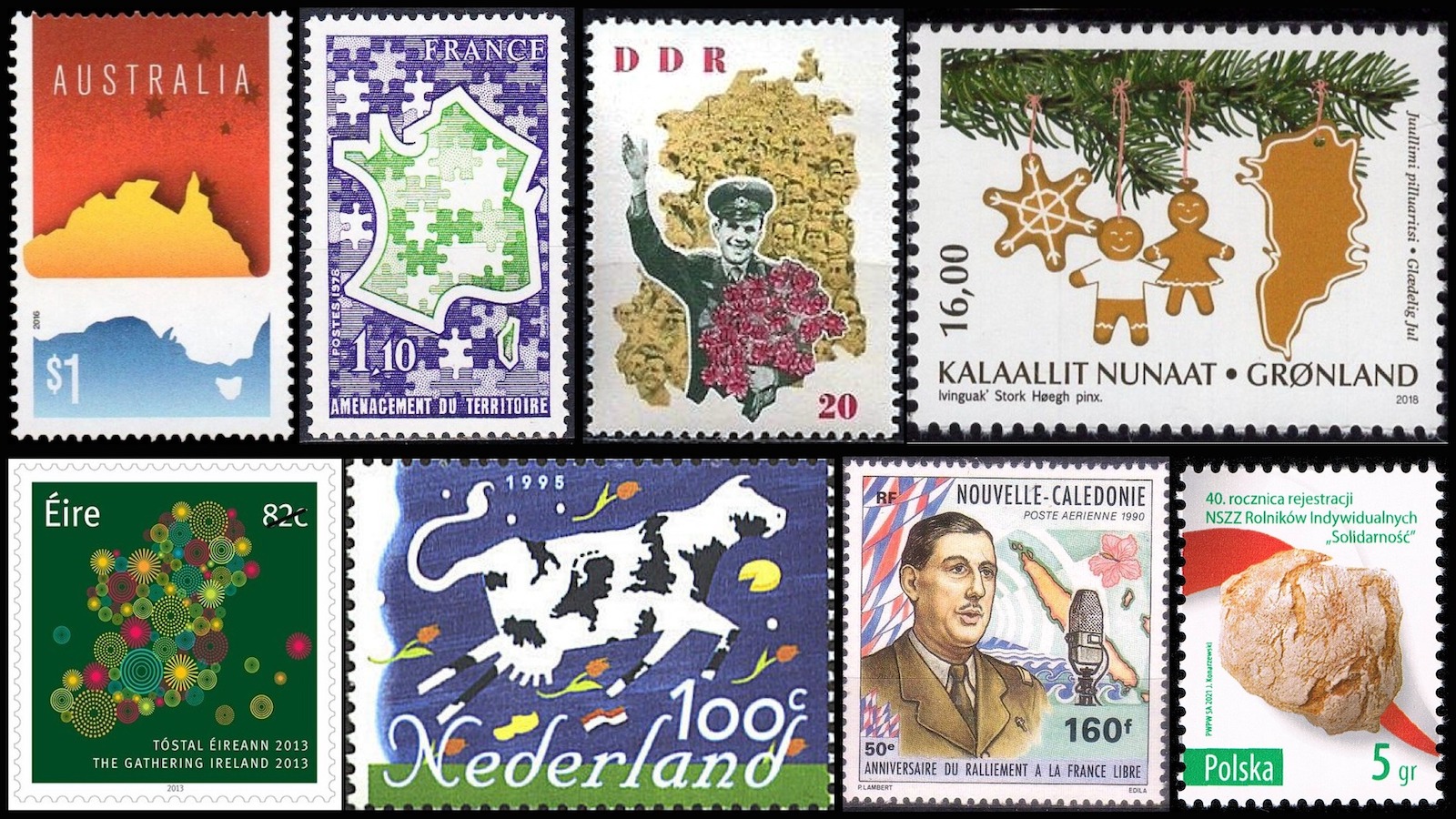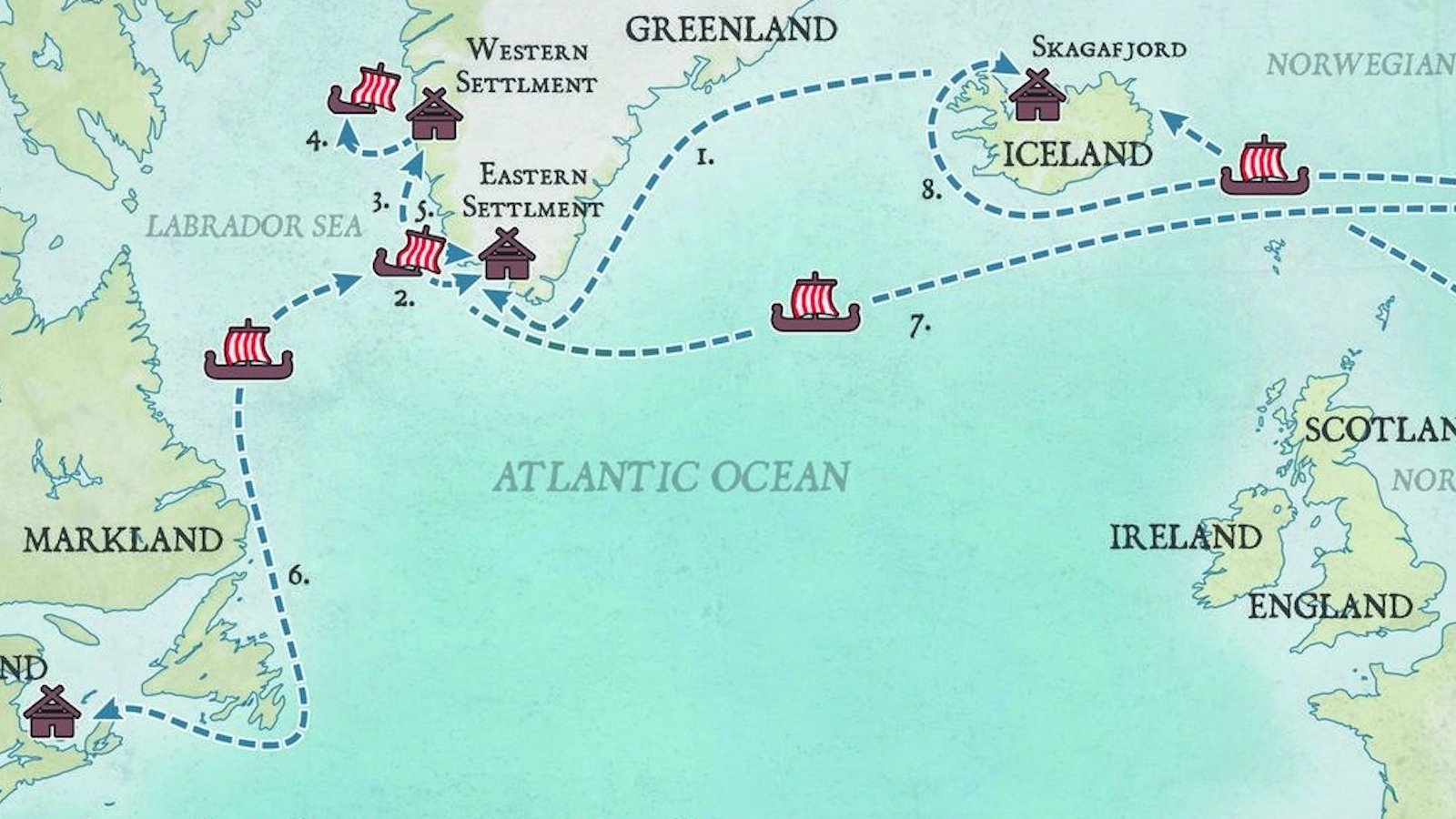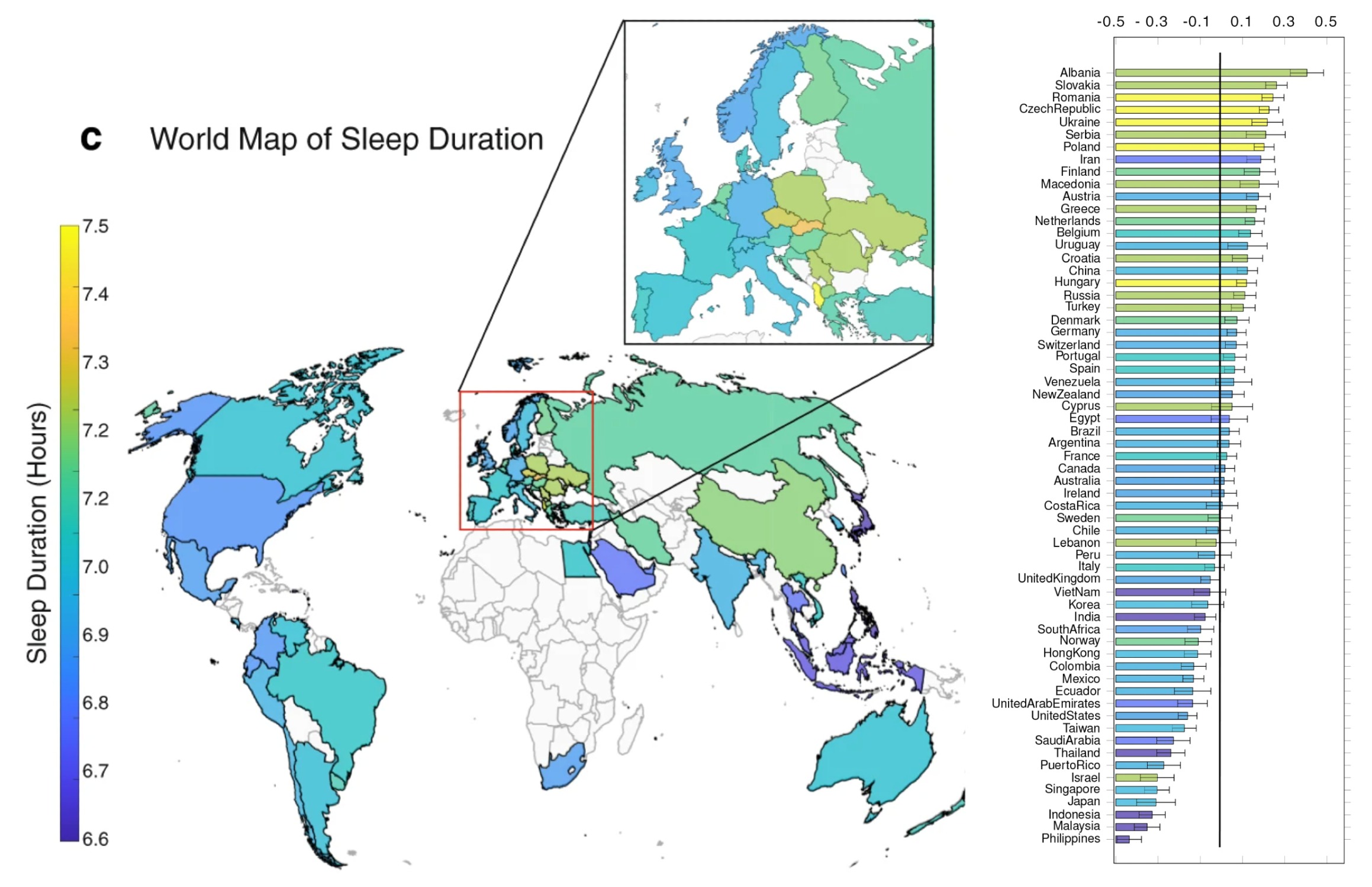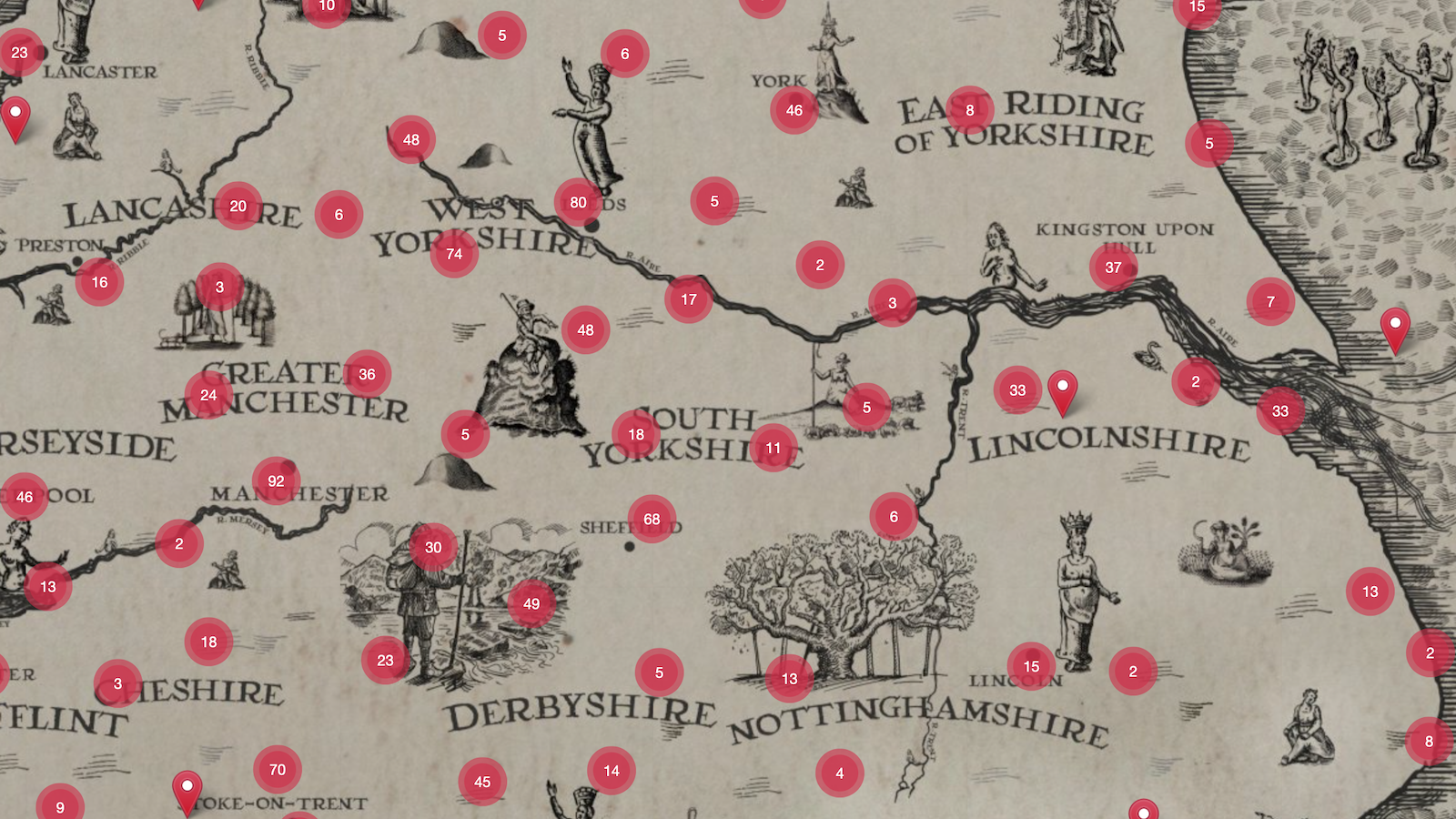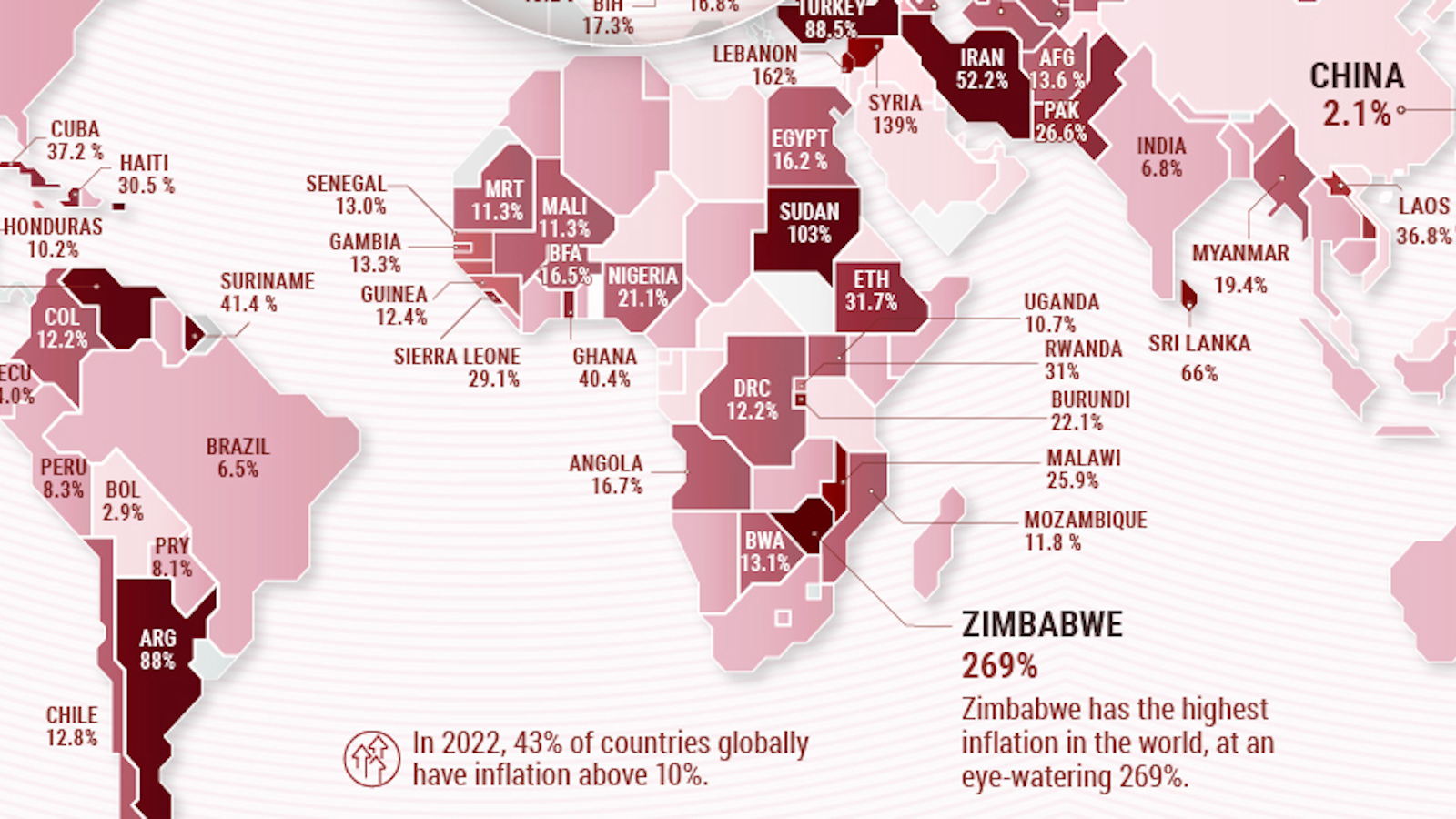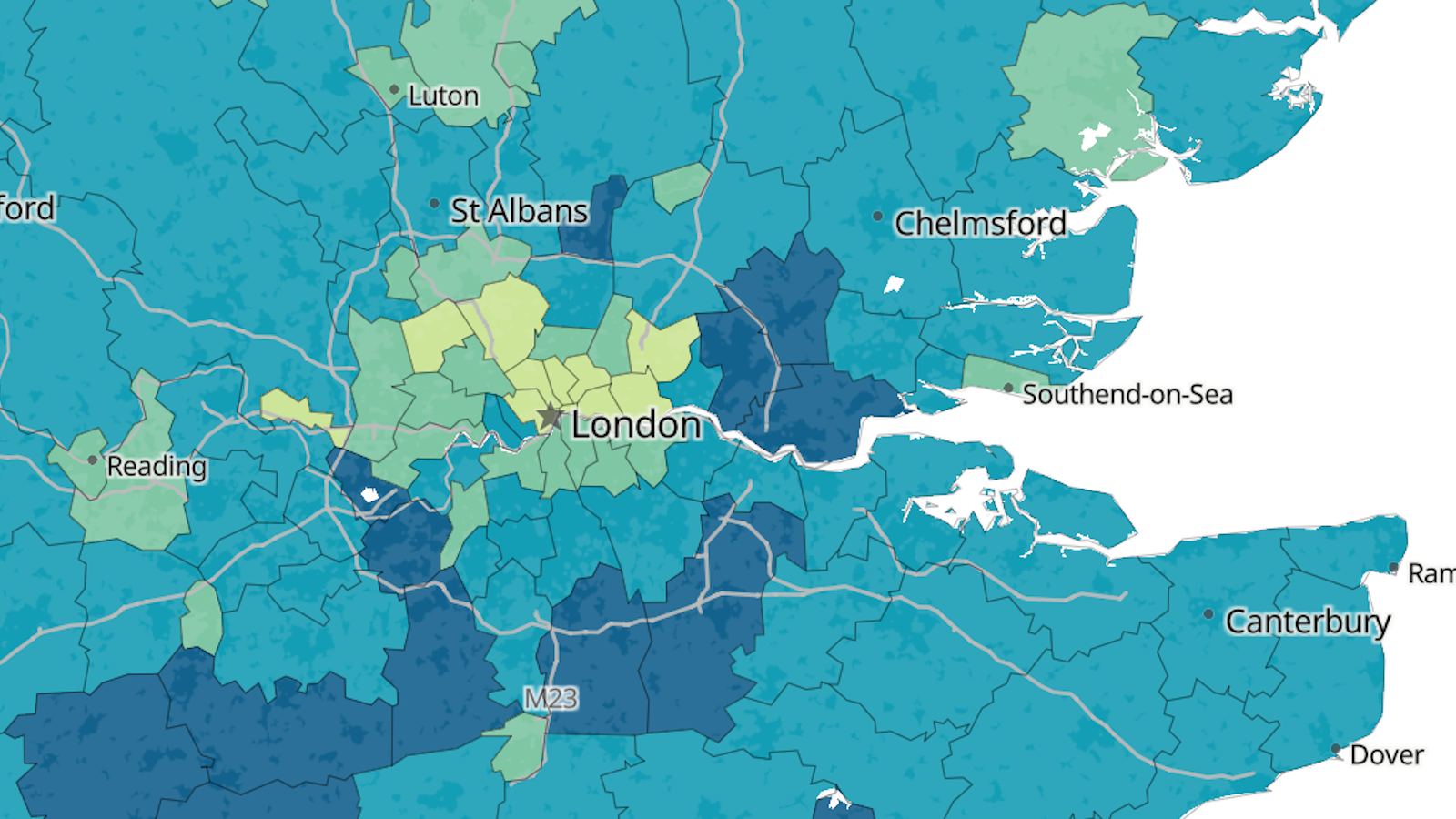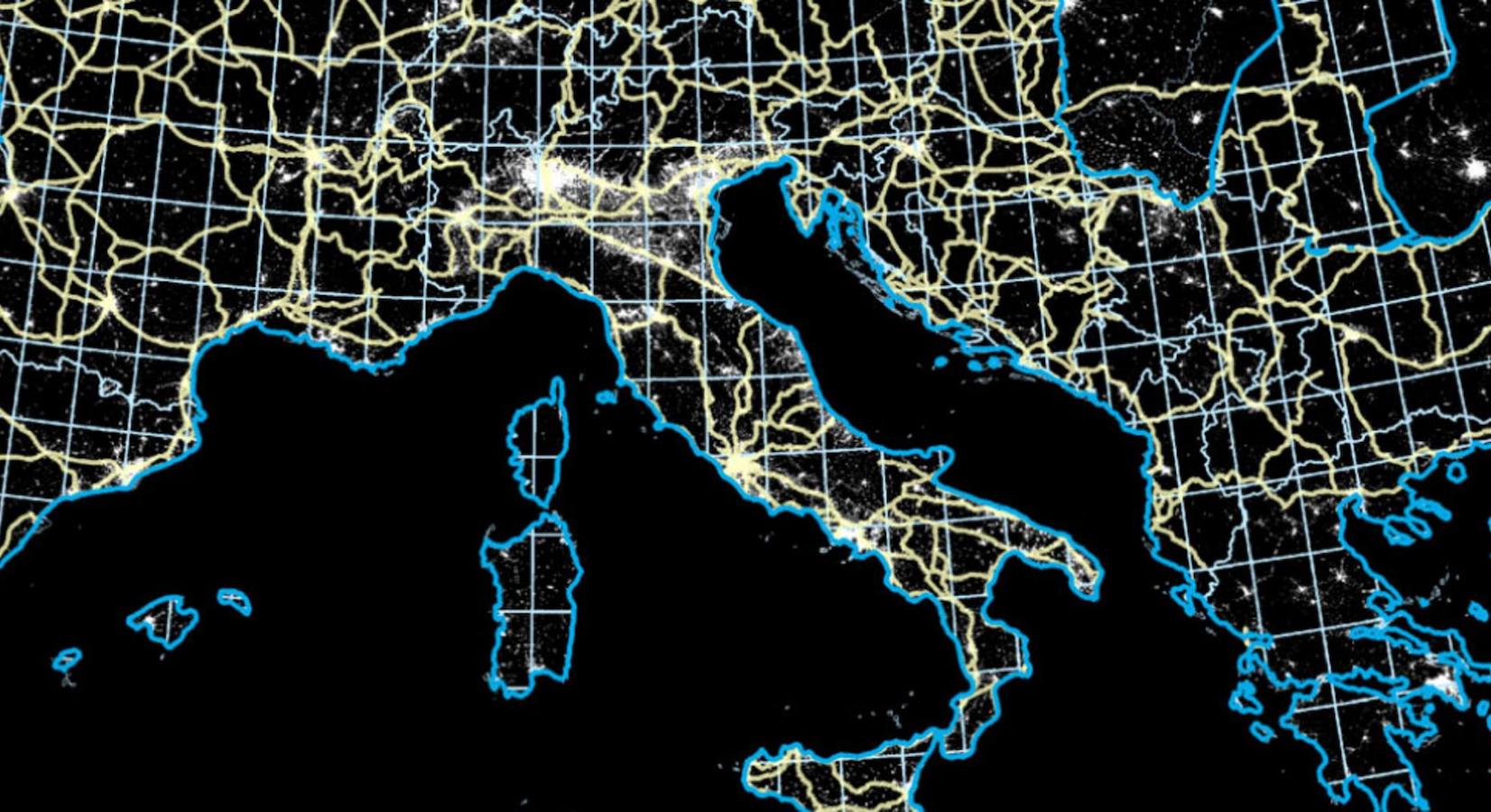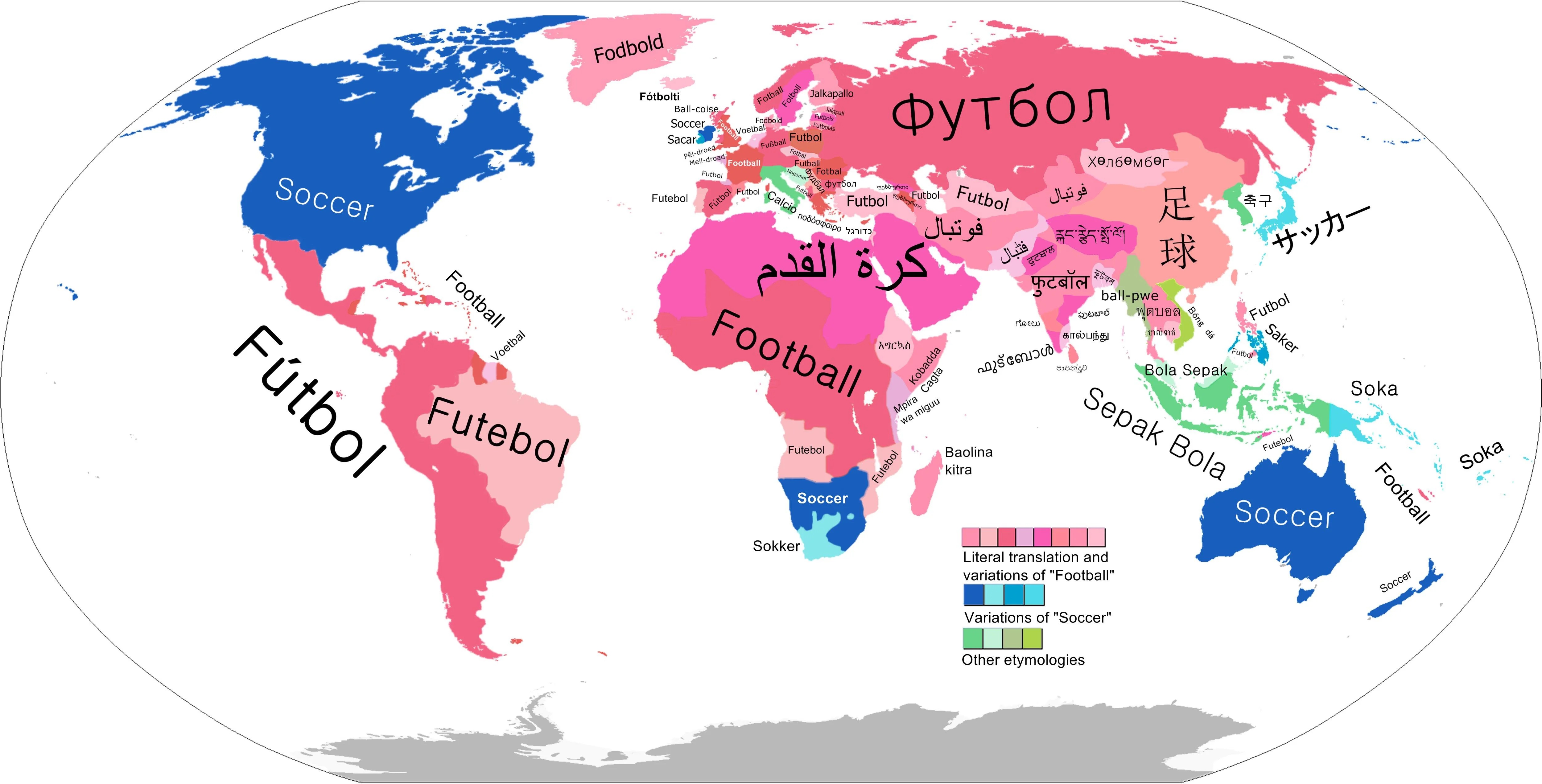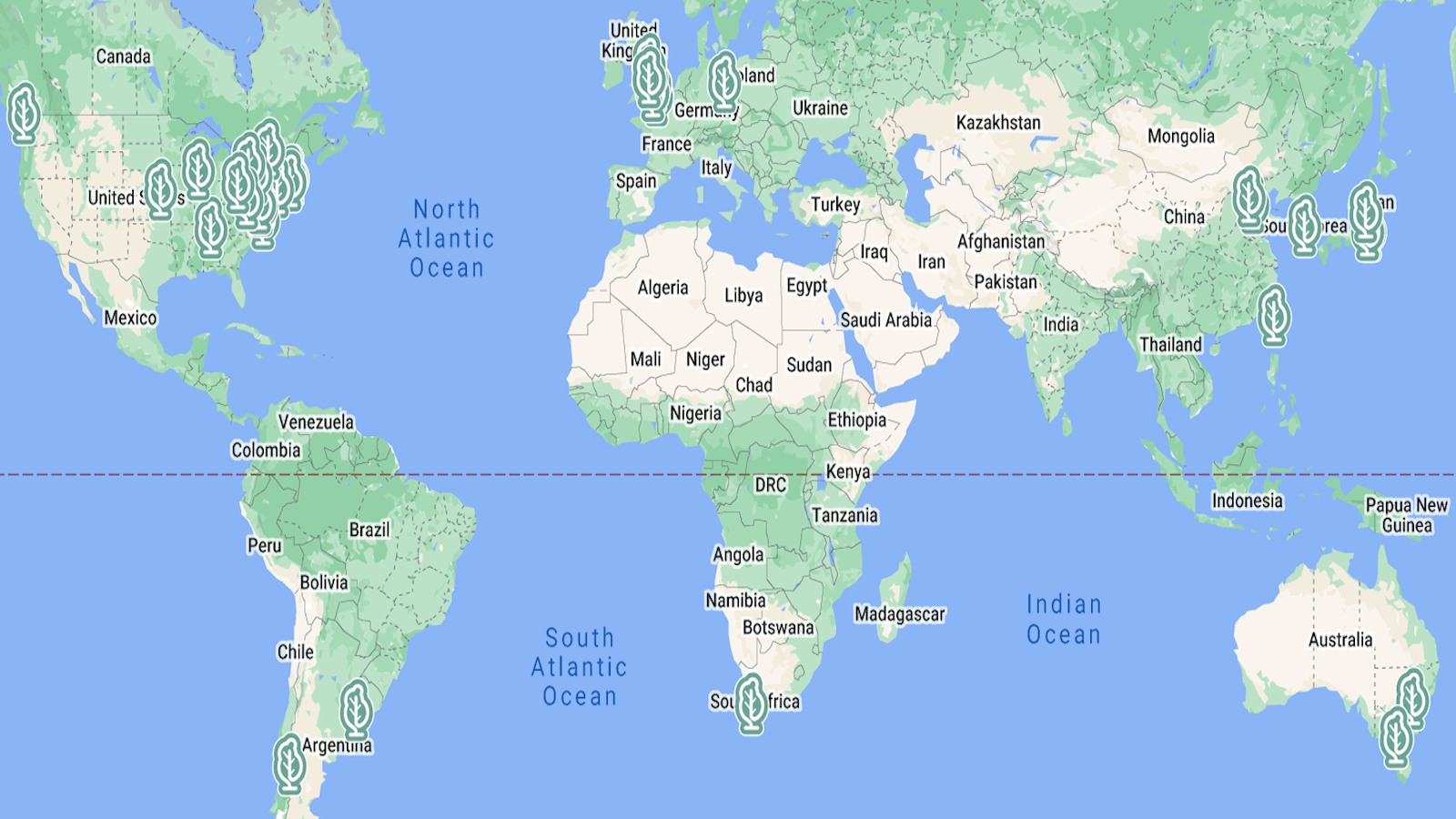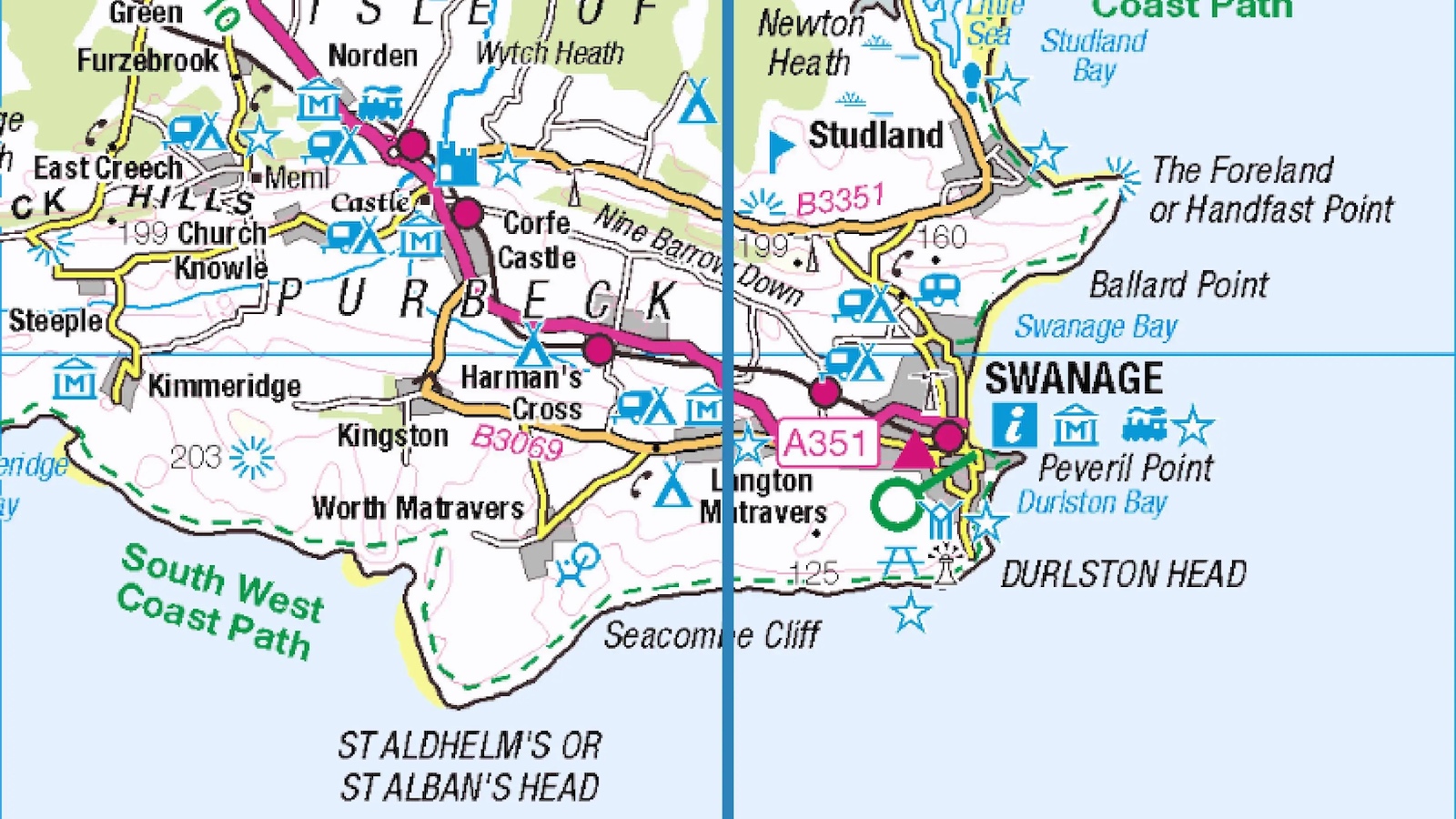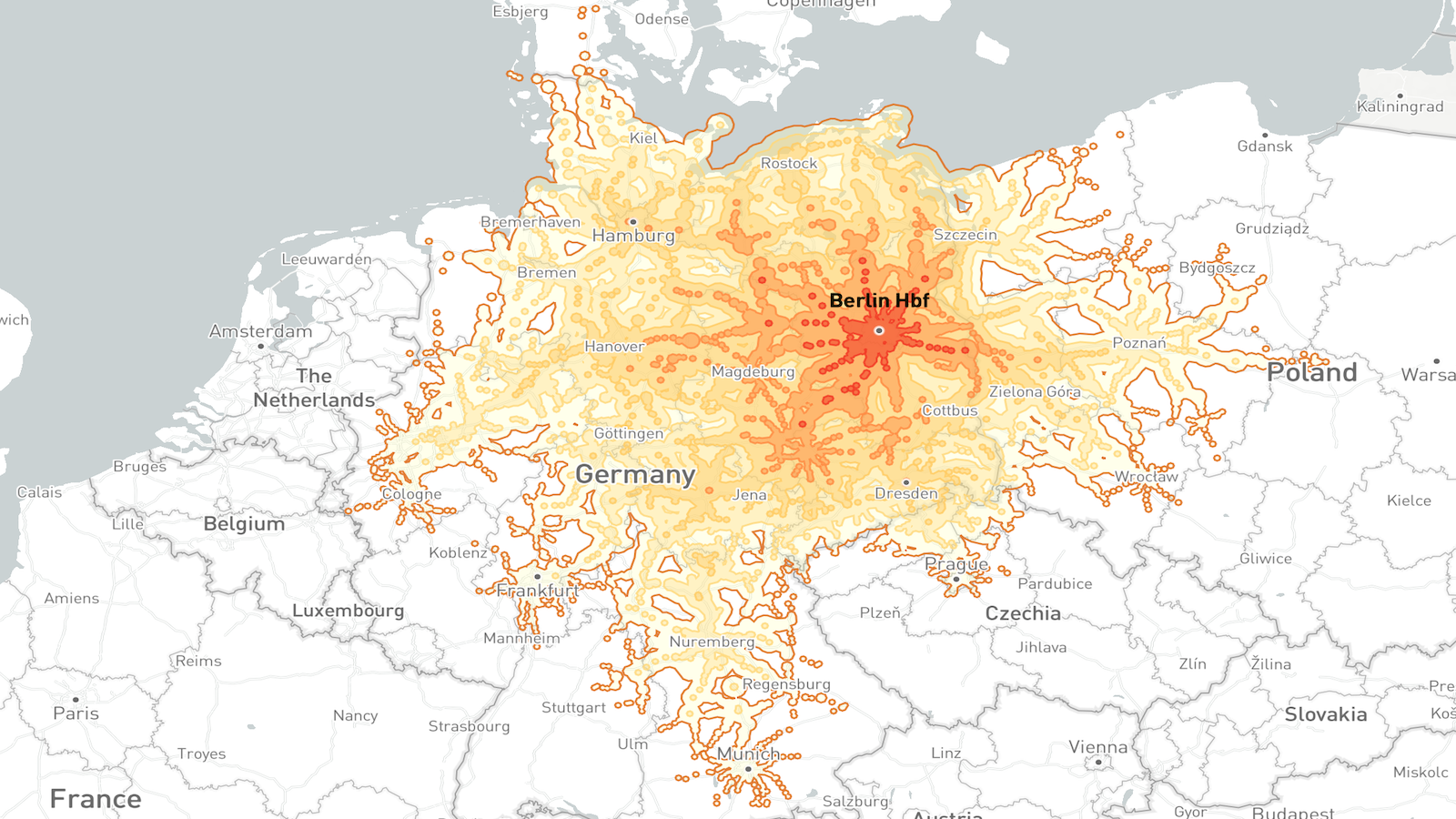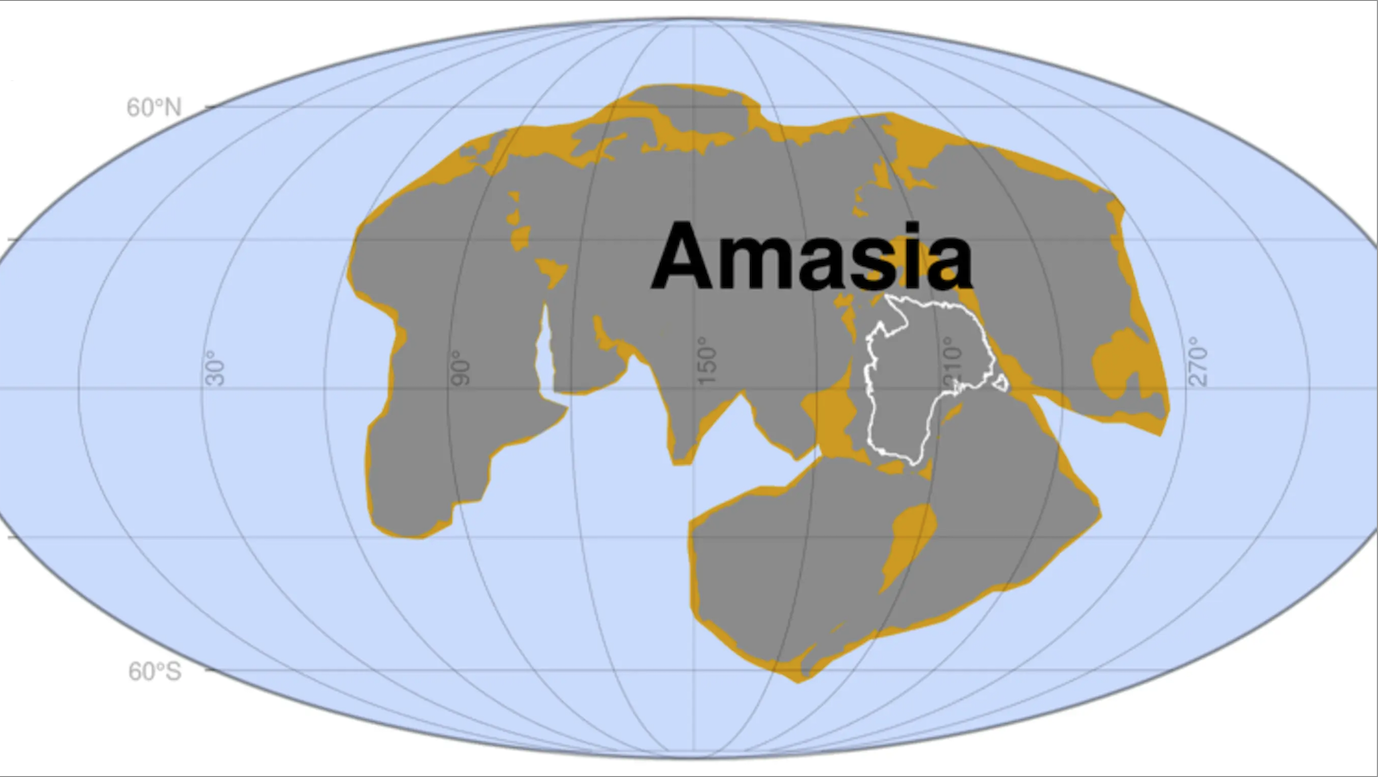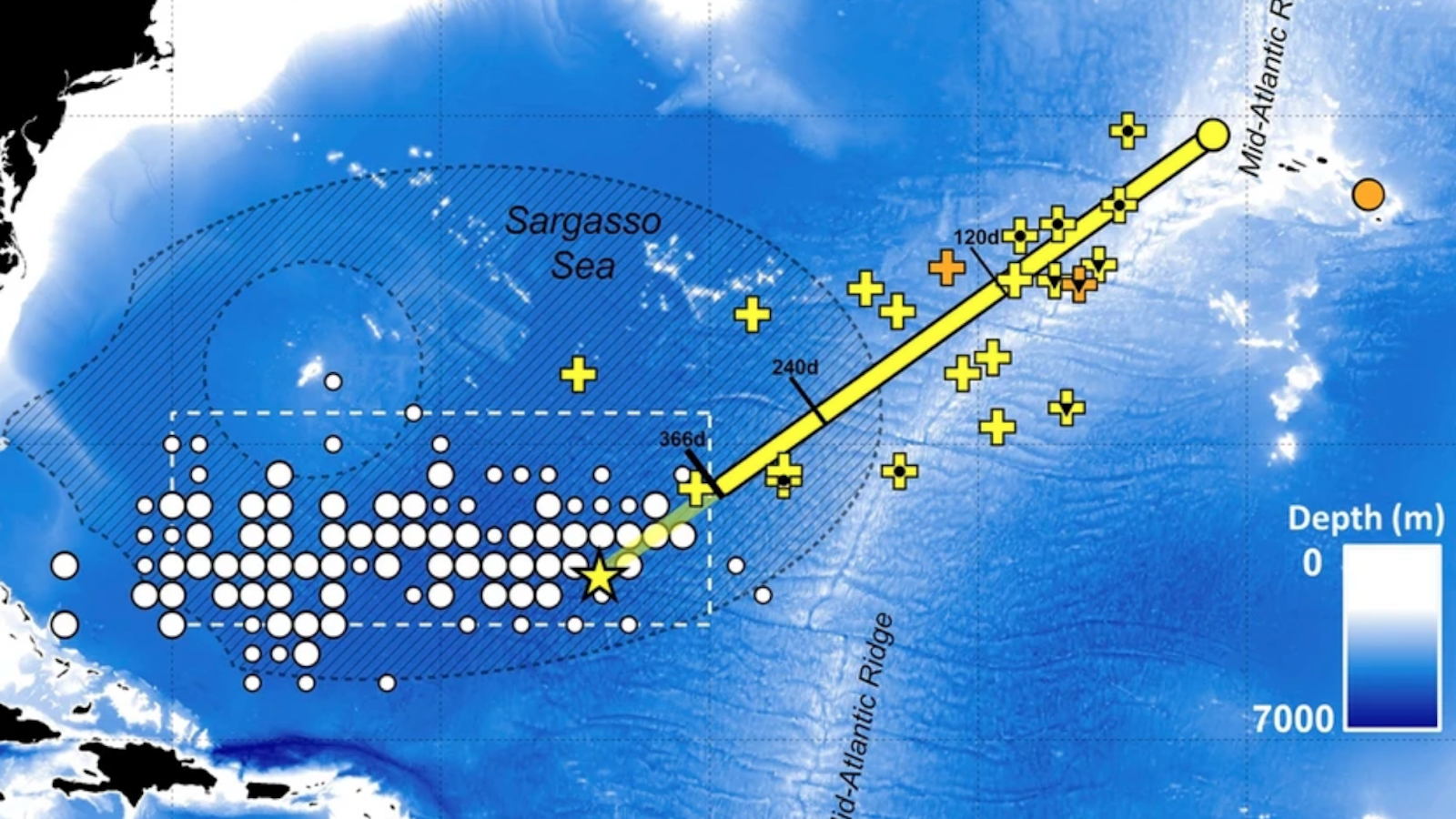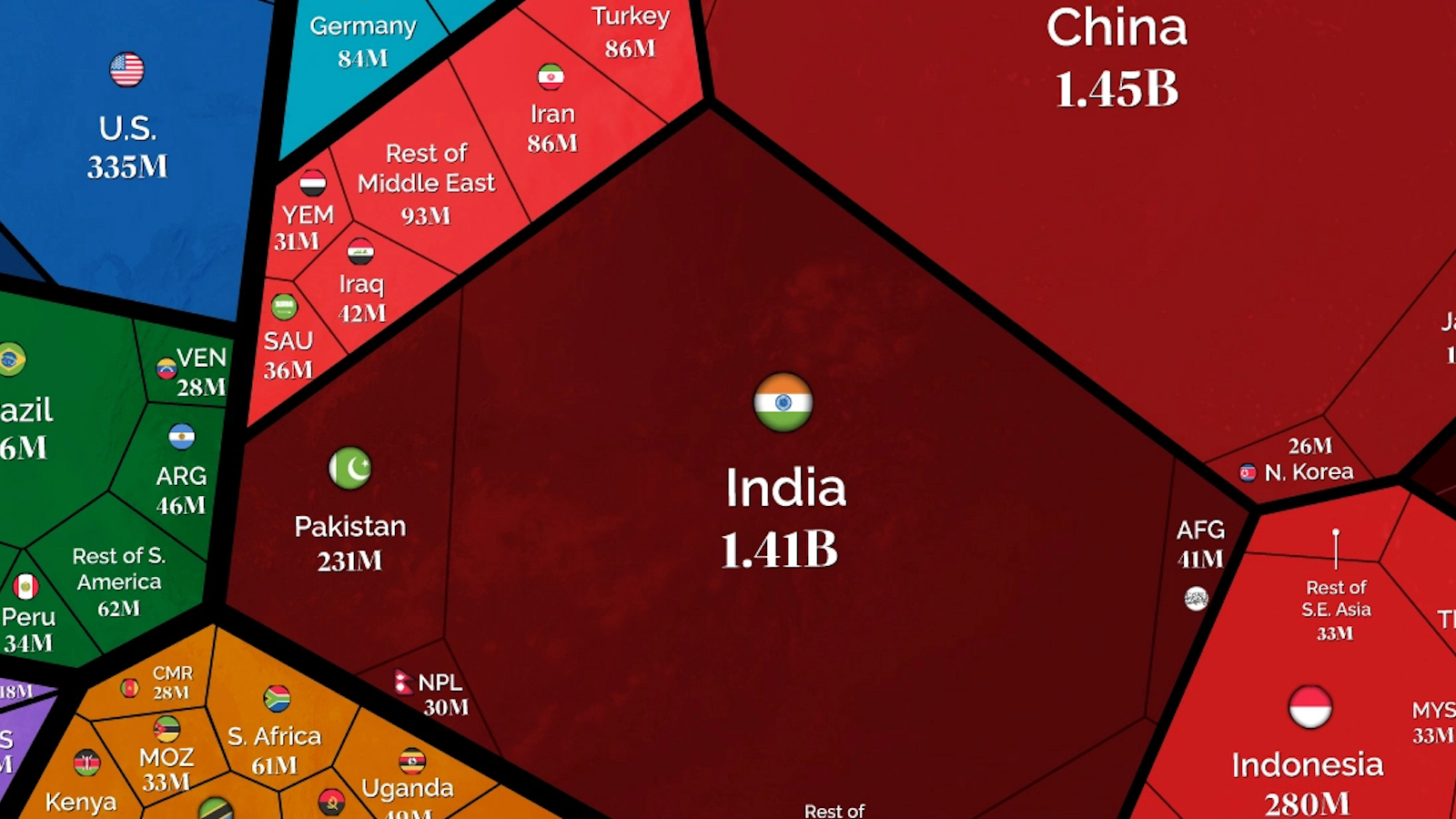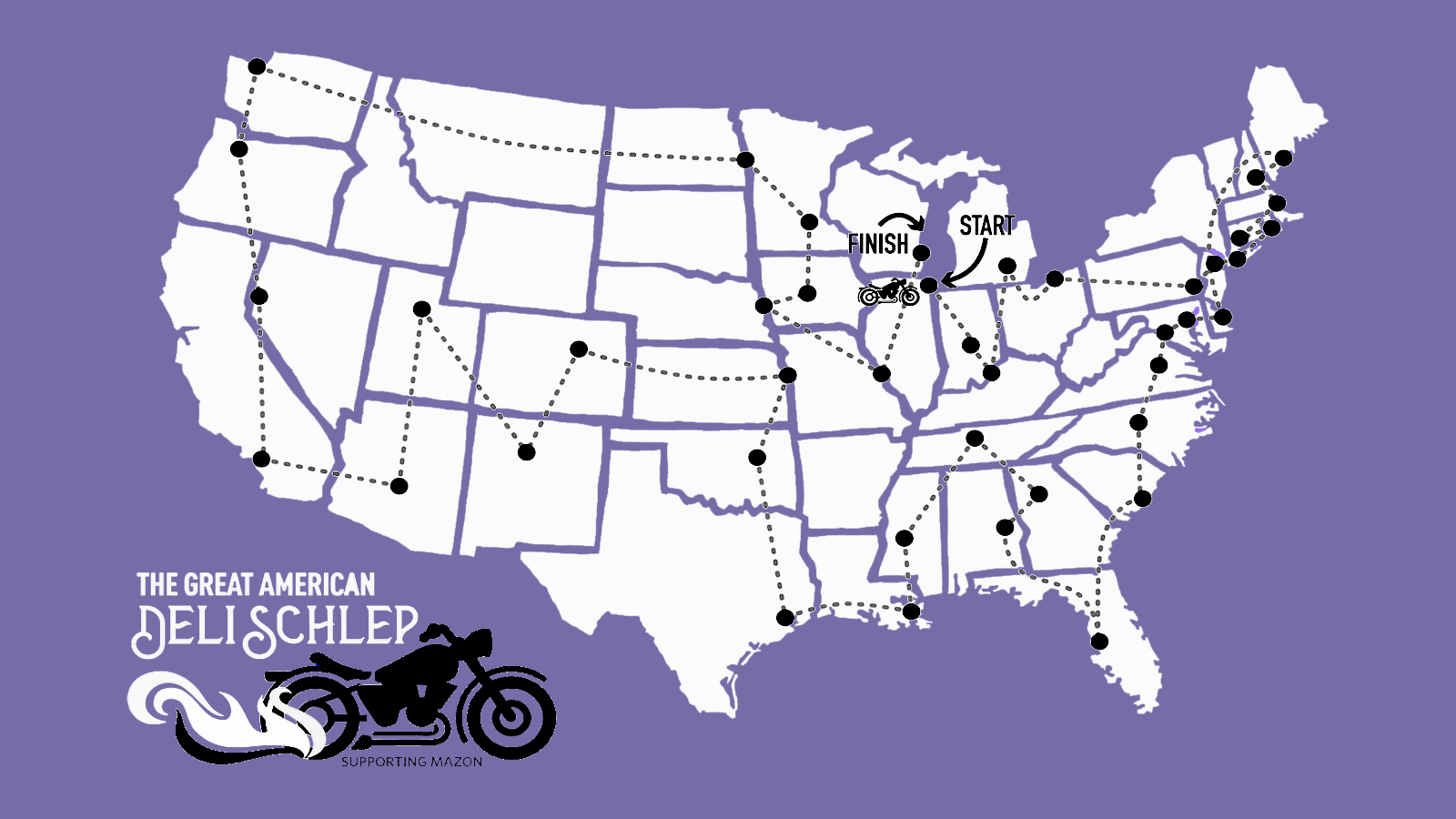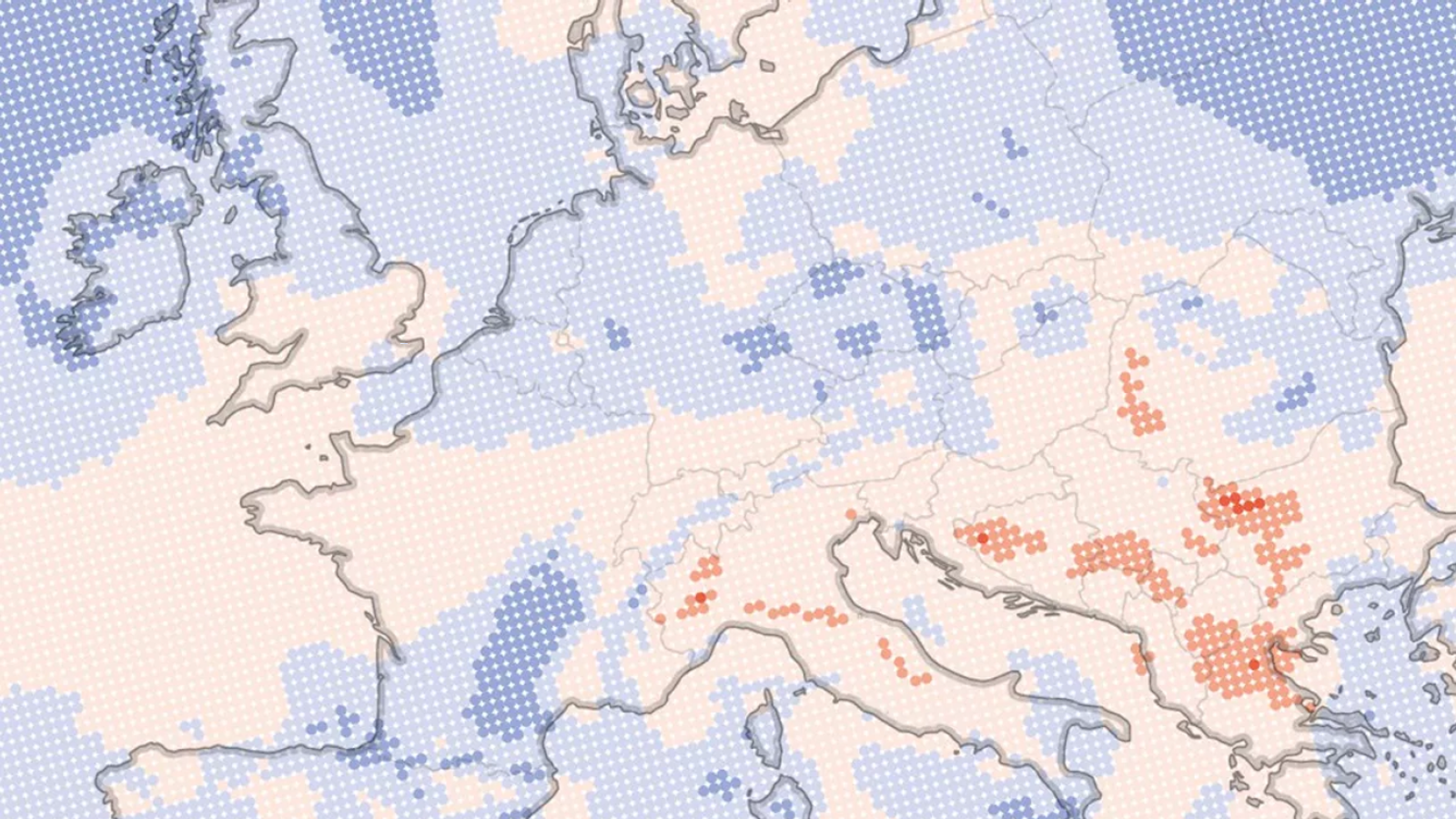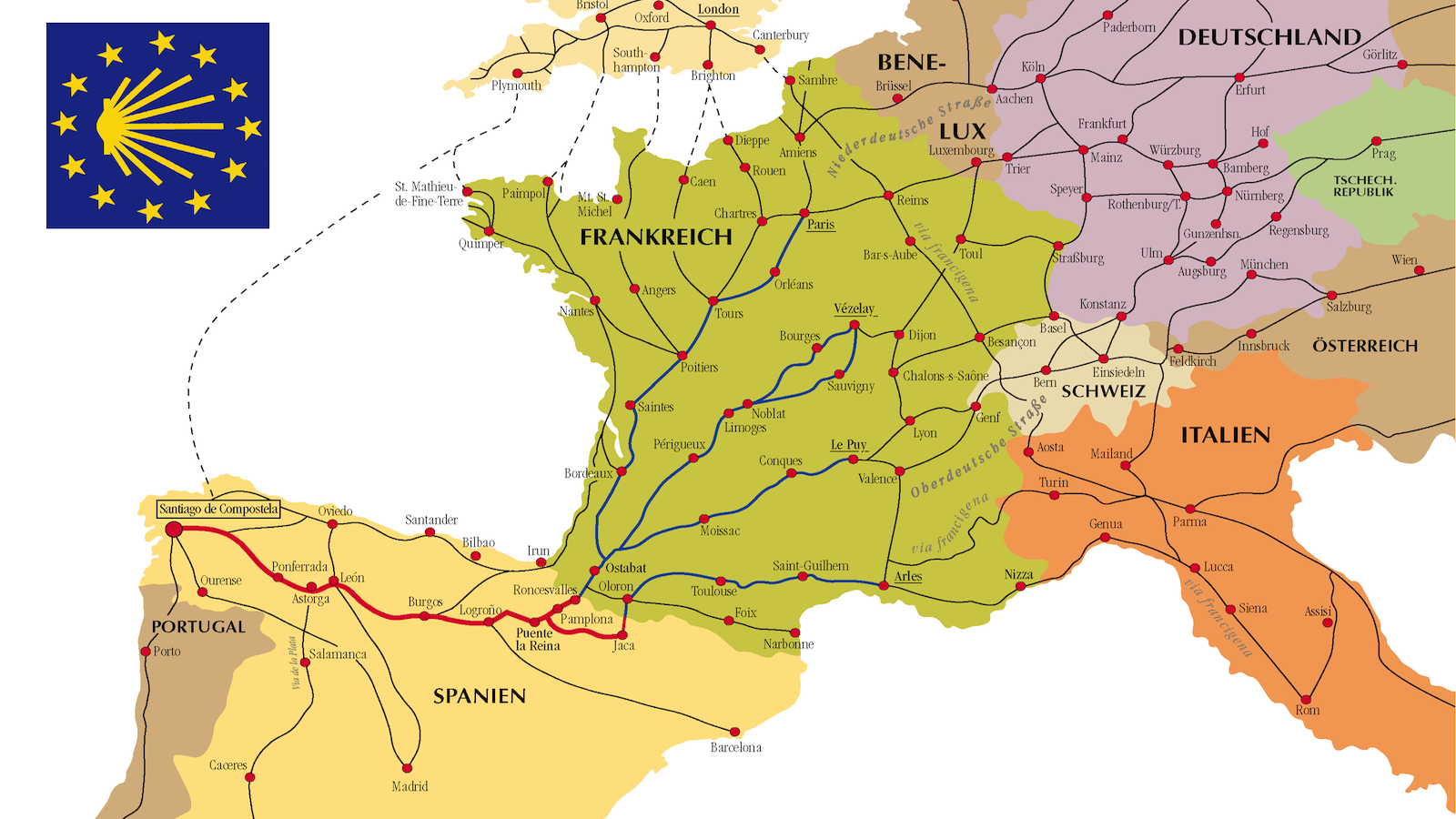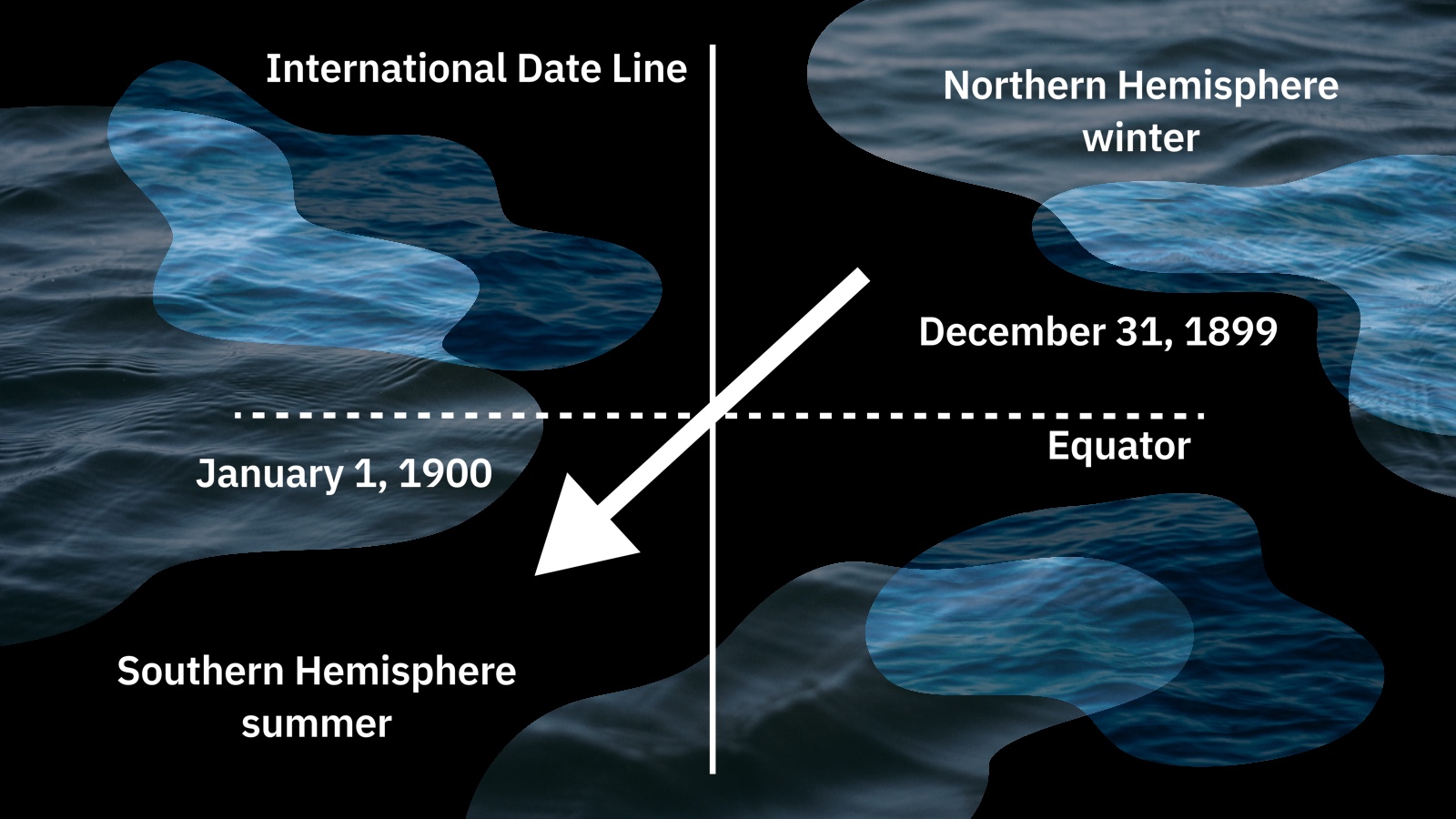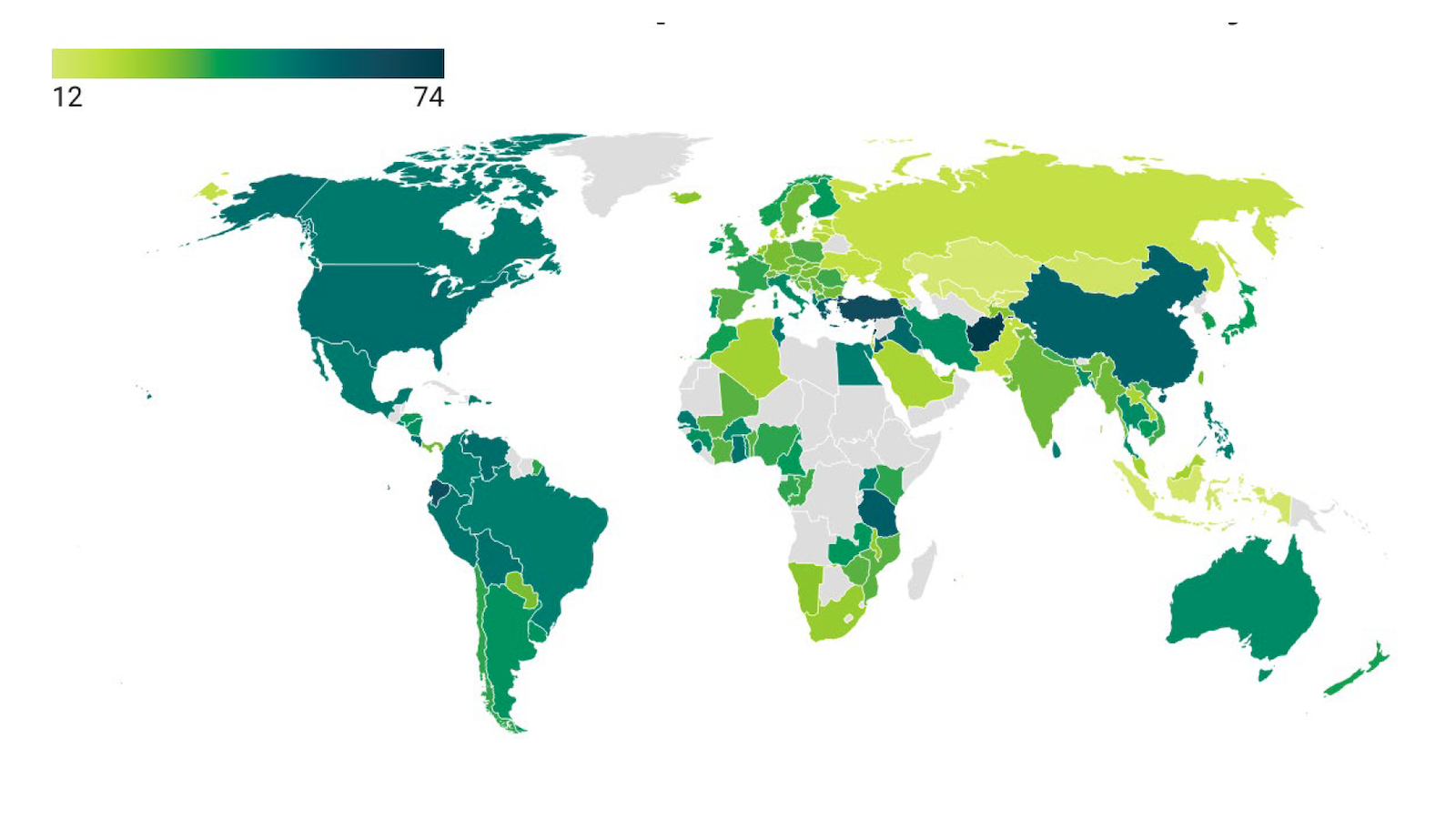Strange Maps
A special series by Frank Jacobs.
Frank has been writing about strange maps since 2006, published a book on the subject in 2009 and joined Big Think in 2010. Readers send in new material daily, and he keeps bumping in to cartography that is delightfully obscure, amazingly beautiful, shockingly partisan, and more. "Each map tells a story, but the stories told by your standard atlas for school or reference are limited and literal: they show only the most practical side of the world, its geography and its political divisions. Strange Maps aims to collect and comment on maps that do everything but that - maps that show the world from a different angle."
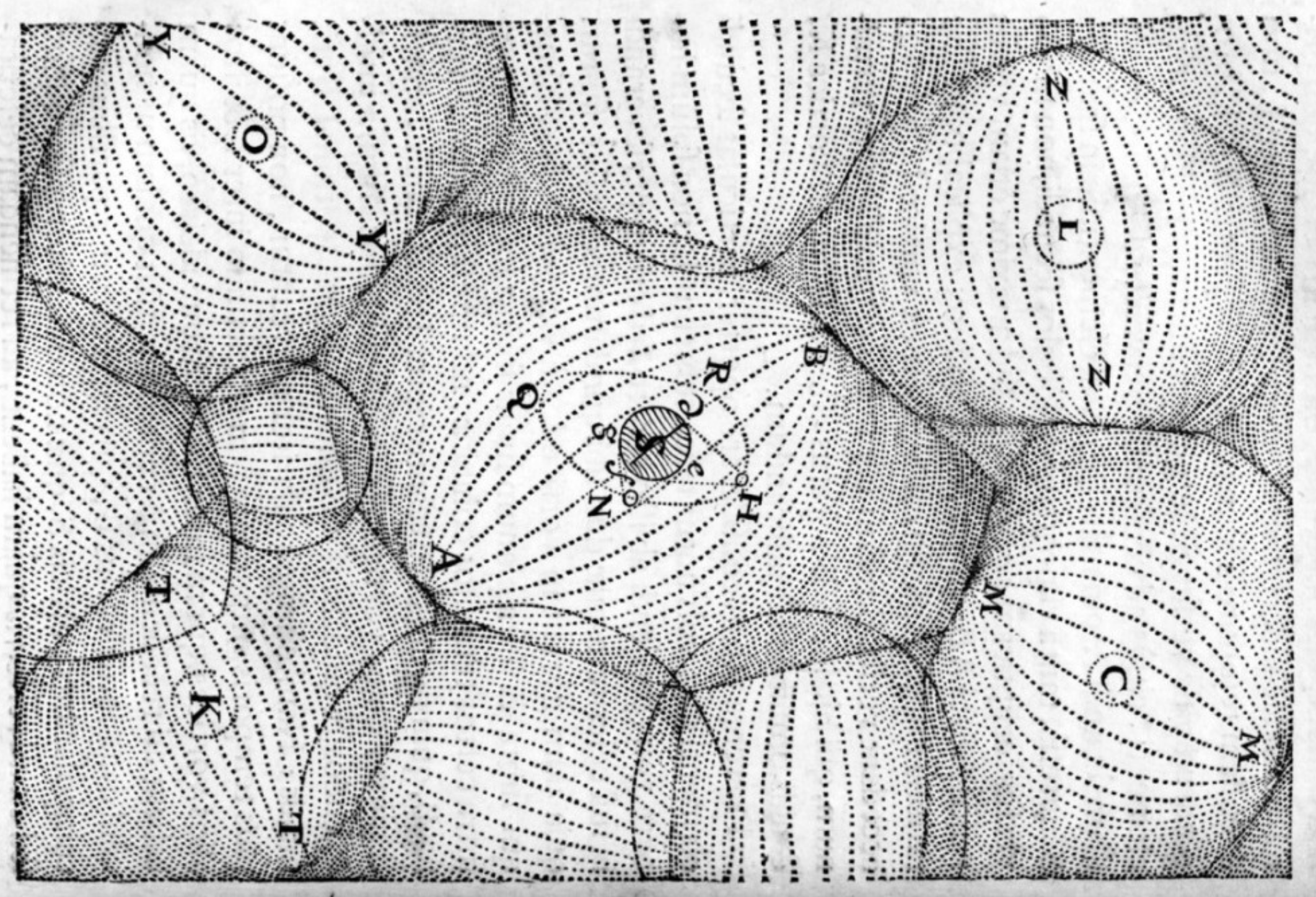
featured
All Stories
How to say “I love you” in Basque, the “most loving” cities around the world, and where most of America’s singles live — and so much more!
Almost 18,000 projects, brought together on one clickable map.
This graph shows how badly German cities were hit by Allied bombing raids.
X marks the spot. The Dutch town of Ommeren has been swamped by detectorists armed with shovels looking for $20-million treasure.
It’s nearly 20,000 miles long.
Some Europeans really don’t want to use the internet.
The Centennial State is technically a hexahectaenneacontakaiheptagon.
Ancient bones reveal that domesticated felines were at home in Pre-Neolithic Poland around 8,000 years ago.
When maps meet stamps, you get a love child called “cartophilately.”
The amazing life of “Gudrid the Far-Traveled” was unjustly overshadowed by her in-laws, Erik the Red and Leif Erikson.
If you want to sleep more, try working less, eating better, and exercising more. Alternatively, you could emigrate to Albania.
Is the dumpster in the alley worthy of a poem?
The popular game has a backstory rife with segregation, inequality, intellectual theft, and outlandish political theories.
Guess which country has 269% inflation.
For the first time in nearly 1500 years, fewer than half the people in England and Wales consider themselves Christian.
A vertical map might better represent a world dominated by China and determined by shipping routes across the iceless Arctic.
All roads may not lead to Rome, but many of them lead to wealth and prosperity — even 1,500 years after the fall of the Roman Empire.
A 19th-century surveying mistake kept lumberjacks away from what is now Minnesota’s largest patch of old-growth trees.
These ten maps provide a fascinating insight into the impact that soccer (sorry, football) has had worldwide.
Its apples taste bad, but institutions all over the world want a descendant or clone of the tree, anyway.
True north, magnetic north, and grid north have aligned. There’s also a connection to James Bond.
Environmental activists want us to feel “flight shame” if we can take a train, instead. But this isn’t entirely realistic, even in Europe.
One possible vision of the distant future.
All American and European eels originate in the same place.
Humanity is poised to pass the 8 billion milestone mid-November, but population growth is actually slowing down.
When the great American tradition of the road trip meets the great Jewish tradition of the deli, we get the Great American Deli Schlep.
You might think it’s impossible to run out of wind, but Europe’s “wind drought” proves otherwise. And it’s only going to get worse.
Scallop shells have accompanied pilgrims to and from Santiago de Compostela for centuries, for more than one reason
On New Year’s Eve 1899, the captain of this Pacific steamliner sailed into history. Or did he?
If you want to escape the negativity, head to Kazakhstan.
